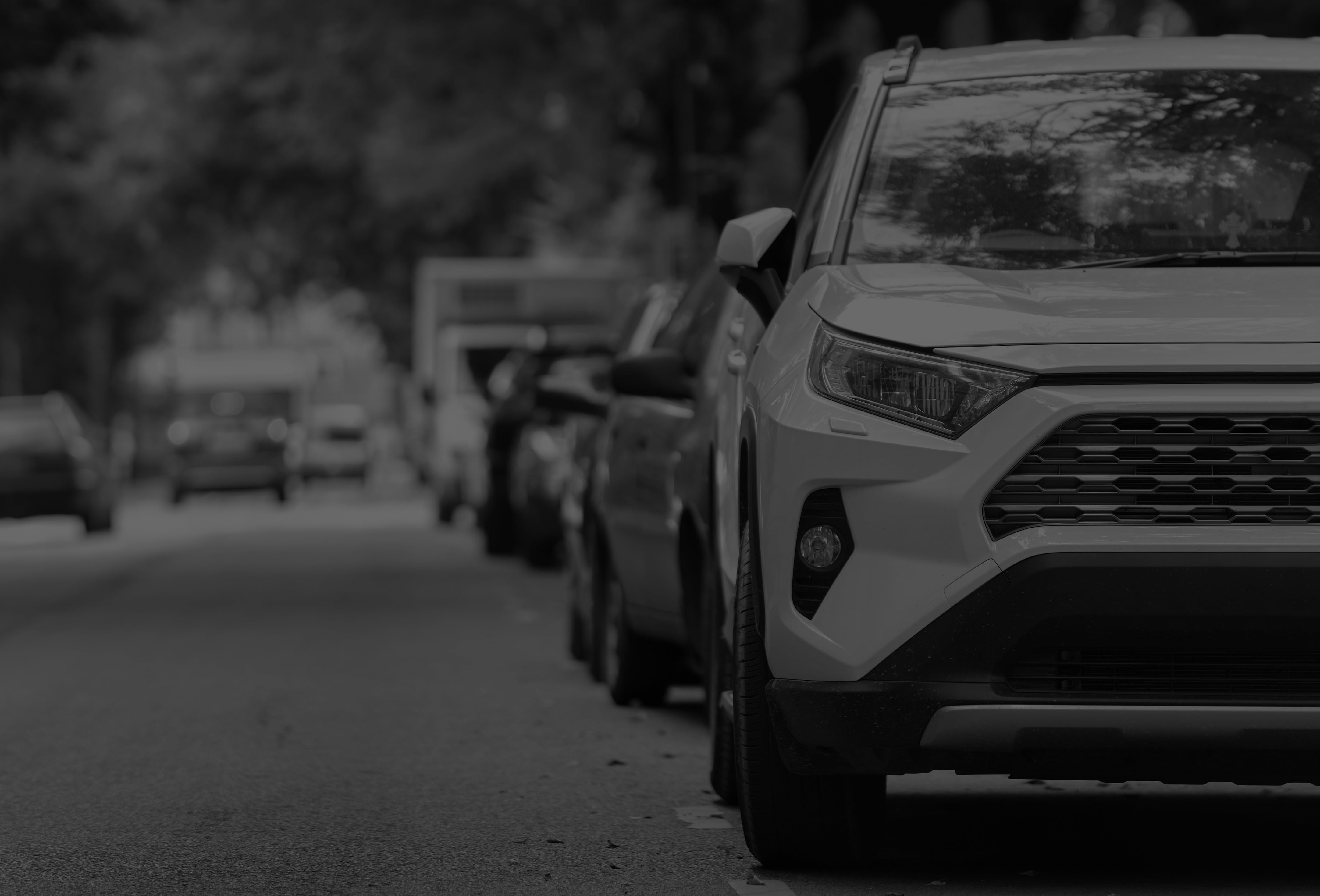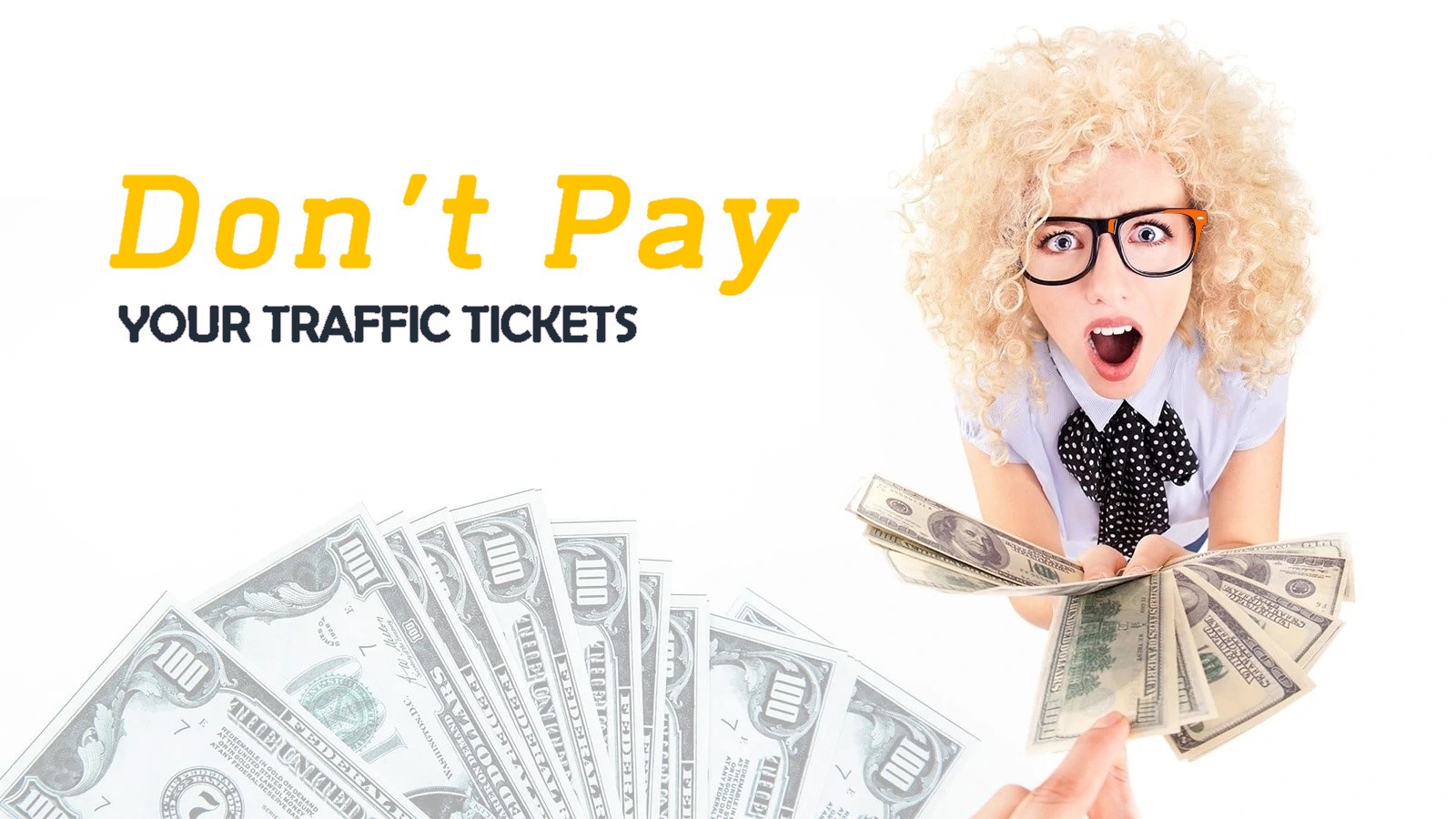Traffic Ticket Choices
Traffic fines in Most states vary by court. Your traffic ticket should state your exact ticket amount, how to pay or
contest it, deadlines, penalties, and whether you must appear in court.
When you receive a traffic ticket, you have several choices:
1) Pay the fine. In Most states, paying a traffic ticket is an admission of guilt.
This means:
- • You waive your right to challenge the traffic ticket in court.
- • Depending on your driving record, the Department of Licensing (DOL) may suspend your driver's license.
- • Your car insurance rates may go up.
2) Request a mitigation hearing. This is also considered a guilty plea and may result in:
- • Fine reduction.
- • Monthly payment plan.
- • Community service.
3) Request a contested hearing. This is considered a plea of not guilty. You have the opportunity to hire an attorney or
represent yourself at this hearing to negotiate having your charges dropped or reduced.
Most states uses a point system, so if you are convicted of a traffic violation you will receive points on your driving
record, depending on the violation. You may be able to attend a traffic safety school to reduce points or, in some
cases, keep violations off your driving records.
Ignoring Tickets and Fines
If you do not pay tickets and go to court on time, ticket debt and penalties increase and pile up, and the court can
report you to the Secretary of State. You may be issued a warrant for "Failure To Appear - Traffic," or your driver's
license can be suspended. You could face higher fines, which will be sent to collections. If you don’t pay, you could
wind up losing your vehicle.
If you have multiple unpaid tickets, (contact TICKETFIXER.com immediately) you will get notice to either pay or contest
the tickets. If you don’t do this on time, fines double, get sent to collections or cause your car to be put on a list
to be immobilized by a wheel clamp known as a “Denver boot.” If your car is booted, you have 24 hours to pay fines plus
booting fee.
If the fines aren’t paid in time, your vehicle gets towed, resulting in an additional towing fee and a storage fee to
get it back. If you accumulate 10 unpaid parking tickets or five unpaid traffic camera tickets, your license can be
suspended, and you can be prevented from accessing contracts, licenses and grants for low-income homeowners.
If your license is suspended, it is usually temporary until you pay a fine and wait a specific amount of time. If your
license is revoked, you lose your driving privileges indefinitely, although you can reapply for your license after a
minimum of one year. If you license is cancelled, it is usually for a medical condition-related reason, because you were
ineligible or provided false information, or you failed to satisfy a re-examination requirement.
Some traffic violation-related examples causing suspension, revocation, or cancellation. include:
- • Failure to yield to an emergency vehicle
- • Failure to obey a railroad-crossing signal
- • Causing a crash in a construction zone
- • Reckless driving
- • Drag racing or street racing
- • DUI or aggravated DUI
- • Refusing to take, or failing, a drug or alcohol test.
Accumulating a certain number of points can lead to license suspension as well.
With consequences so severe, it pays to pay your traffic tickets, and even hire an experienced traffic ticket attorney
to help you avoid major penalties.
 DO NOT PAY TRAFFIC TICKETSTraffic Ticket Fixer
DO NOT PAY TRAFFIC TICKETSTraffic Ticket Fixer Traffic Ticket FixerBeatYour Tickets
Traffic Ticket FixerBeatYour Tickets Traffic Ticket FixerDO NOT PAY TRAFFIC TICKETS
Traffic Ticket FixerDO NOT PAY TRAFFIC TICKETS